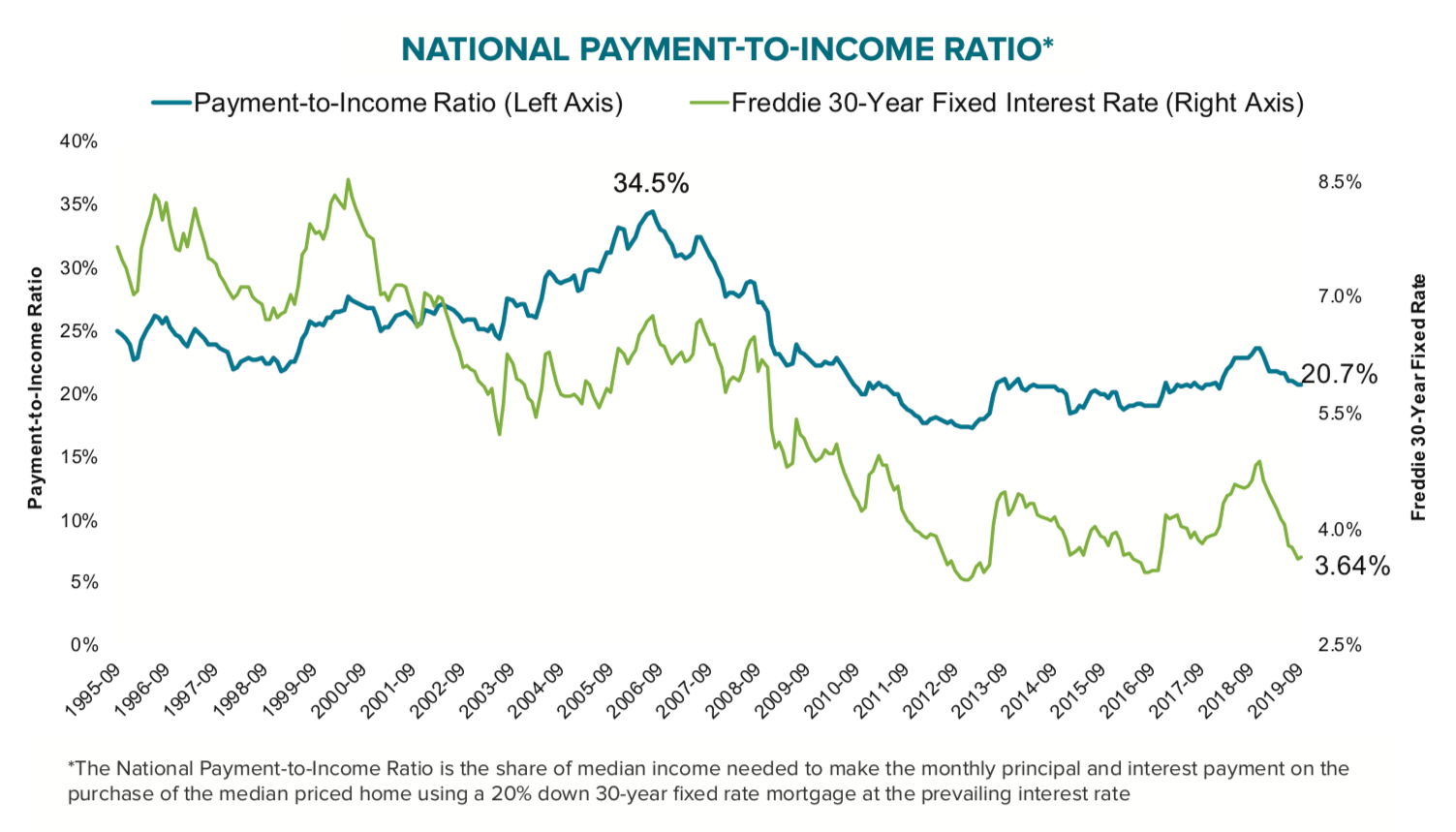Buying a house is a major financial decision, and one of the most important factors to consider is affordability. But how do you determine how much house you can actually afford? In this article, we will explore some key considerations and provide useful information to help you make an informed decision.
Crunching the Numbers
The first step in determining how much house you can afford is to gather and analyze your financial information. Start by calculating your monthly income, including all revenue streams such as alimony, investment profits, and rental earnings.

Next, list your estimated housing costs, including property taxes, homeowners insurance, mortgage interest rates, and loan terms. Be sure to factor in your down payment as well.
Finally, tally up your monthly expenses to get a clear picture of your financial obligations. It’s crucial to be accurate and honest with these numbers as they play a significant role in determining your affordable housing budget.
The 28/36% Rule
One widely accepted rule of thumb for home affordability is the 28/36% rule. Financial advisors recommend spending no more than 28% of your gross monthly income on housing expenses and no more than 36% on total debt.
For example, if you earn $4,000 per month, your mortgage payment should not exceed $1,120 (28% of $4,000), and your total debt should not surpass $1,440 (36% of $4,000). This rule leaves room in your budget for essentials, wants, and savings goals.
Mortgage Payments vs. Comfortable Living
While you may technically be able to afford a certain monthly mortgage payment, it’s essential to consider living comfortably and managing financial stress. If a large portion of your income is allocated to your mortgage payment, leaving you with minimal funds for other expenses, you may be stretching yourself too thin.
Lenders may offer preapproval for a higher amount, but it’s crucial to evaluate your personal financial goals and prioritize living within your means.
Factors Affecting Home Affordability
Several factors can impact your home affordability, including your credit score, debt-to-income ratio (DTI), current mortgage rates, and the type of loan you choose.
Lenders typically offer the lowest interest rates to borrowers with high credit scores, low debt, and substantial down payments. It’s essential to understand how these factors affect your mortgage rate and overall affordability.
Your DTI ratio is another crucial consideration for lenders. The lower your DTI, the better your chances of securing a mortgage. Paying off existing debts, such as credit cards and student loans, can help improve your DTI ratio and increase your affordability.
Other Considerations
Several other factors can affect home affordability, including your down payment amount, type of loan, and location. A larger down payment will reduce your loan amount and improve your financial standing with lenders.
Different loan programs, such as FHA, VA, and USDA loans, offer varying down payment requirements and limits. Researching these options and understanding their impact on affordability is crucial.
Lastly, the location in which you plan to buy a home plays a significant role. Home prices and living costs can vary widely from one area to another. It’s important to consider the overall cost of living, property taxes, and other expenses specific to your desired location.
Conclusion
Determining how much house you can afford requires careful consideration of your income, expenses, debt, credit score, and down payment. By following guidelines like the 28/36% rule and understanding the impact of various factors, you can make an informed decision that aligns with your financial goals and enables comfortable living.
Remember, affordability is a personal matter, and what works for one person may not work for another. It’s essential to assess your financial situation, prioritize your needs and wants, and work within your means to find a home that fits your budget.
For more informative articles on a wide range of topics, visit News Explorer Today.